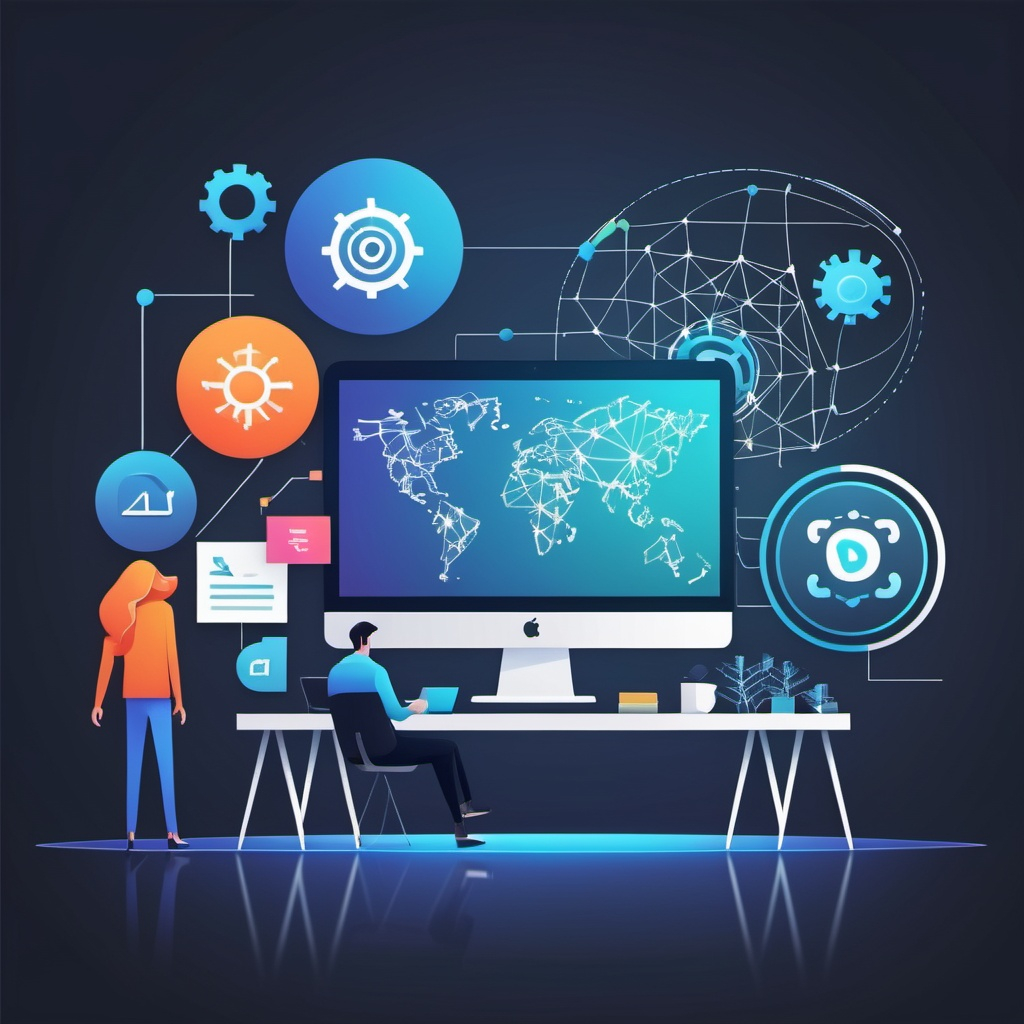Artificial Intell
The Internet of Things (IoT) is playing a pivotal role in the modernization of the manufacturing sector, enabling real-time monitoring, predictive maintenance, and optimized production processes. In 2024, manufacturers are using IoT-connected sensors to gather data on equipment performance, which helps prevent costly downtimes and improve overall efficiency. By analyzing data from these IoT devices, companies can detect potential issues before they escalate, ensuring a smoother, more reliable production process.
However, IoT implementation is not without its obstacles, particularly regarding cybersecurity and data management. The vast amount of data generated by IoT devices requires robust analytics tools and secure storage solutions to prevent breaches. Additionally, integrating IoT with legacy systems can be complex and requires careful planning to avoid operational disruptions.
Looking forward, IoT-driven modernization is expected to drive innovation in smart factories, supply chain management, and quality control. As manufacturers adopt more IoT solutions, developing strategies for data security, training, and continuous monitoring will be essential. Businesses embracing IoT will have the advantage of real-time insights, increased agility, and greater operational resilience.
igence (AI) is a transformative force in technology modernization, reshaping industries with predictive insights, automation, and personalization. In 2024, businesses are increasingly integrating AI to enhance customer service, optimize supply chains, and streamline administrative tasks. AI-powered chatbots, for example, provide 24/7 support, while predictive analytics enable companies to make data-driven decisions, anticipate market trends, and respond proactively to customer needs.
Despite the benefits, implementing AI is not without its challenges. Many organizations face barriers related to data quality, ethical concerns, and the need for skilled AI practitioners. Additionally, privacy remains a major concern, especially as AI algorithms often require large datasets that include sensitive information. Companies must establish robust data governance practices to ensure that data is used responsibly and that AI models remain transparent and fair.
AI modernization efforts are also spurring new career paths, as demand for AI specialists, data scientists, and machine learning engineers rises. To stay competitive, organizations should consider partnering with AI vendors, investing in research and development, and fostering a culture of innovation. As AI continues to evolve, companies that embrace AI-driven modernization will be well-positioned to lead in a rapidly changing digital landscape.


